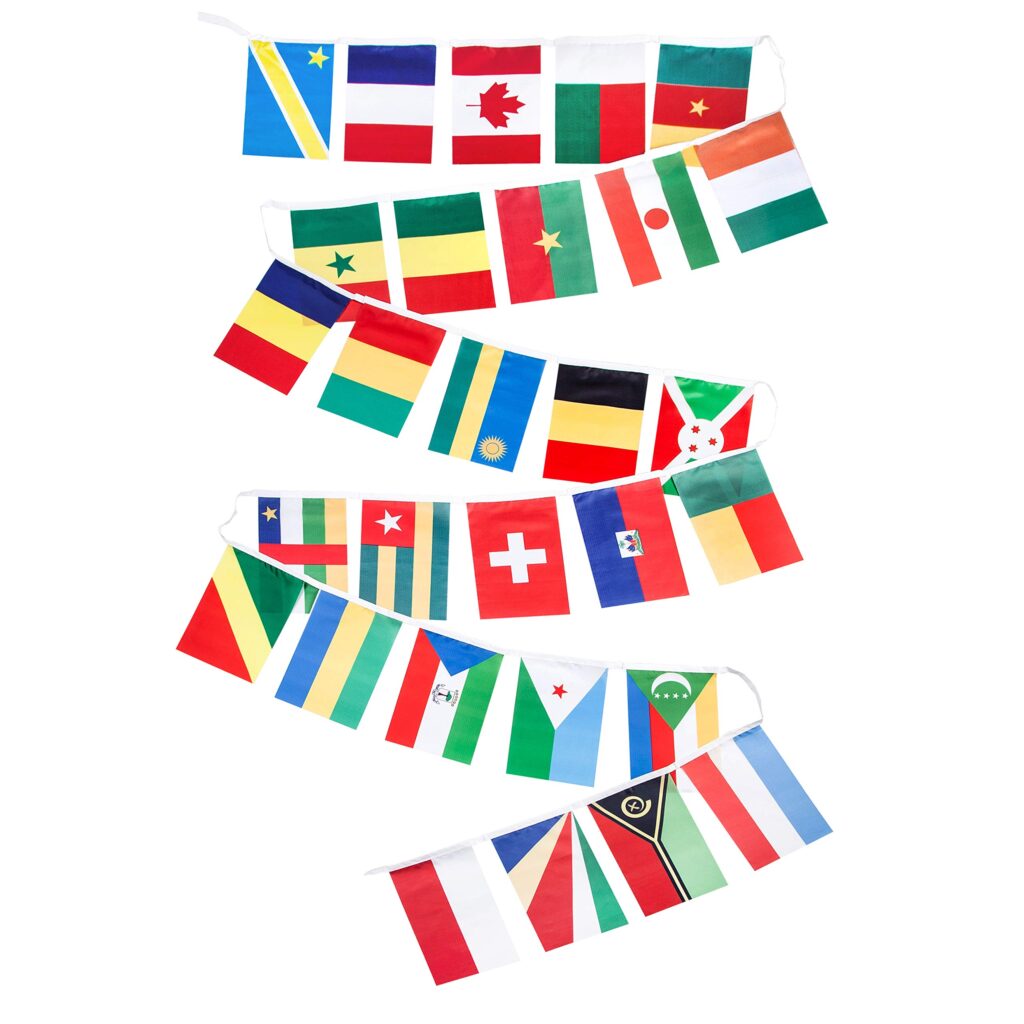In today’s increasingly globalized world, sworn translations play a crucial role in helping individuals, companies, and institutions communicate across borders. Since Georgian is the official language of Georgia, it often appears in official, legal, and business documents. Therefore, sworn translations into Georgian are essential for anyone engaging with Georgian-speaking countries. In this article, we will explain what sworn Georgian translations are, when you need them, how the process works, and the challenges translators face.

What Are Sworn Translations?
Sworn translations, also called certified translations, involve translating official documents by a sworn translator who certifies the accuracy of the translation. Specifically, this translator must pass a state exam and receive formal approval. As a result, they stamp and sign the document and add a note confirming the translation matches the original. Consequently, courts, universities, government offices, banks, notaries, and other institutions accept these translations. Thus, you will need sworn translations when submitting documents for legal or official purposes, both locally and internationally.
The Sworn Translation Process
First, you need to select a sworn translator specializing in Georgian. It is important to choose someone with expertise in your field, such as law, medicine, or technology.
Next, submit your documents either in person, by mail, or electronically as scans. Keep in mind that for sworn translations, you will often need to provide the original document or a notarized copy.
After that, the translator will review the documents and provide a quote along with a completion deadline. This depends on the volume and complexity of the text.
Then, the translator carefully performs the translation, ensuring it is accurate and consistent with the original. Each sworn translation includes a certification clause, the translator’s signature, and their official seal.
Finally, you can collect the completed translation in person, receive it by post, or, increasingly, get it electronically with a qualified digital signature.
Qualifications of a Sworn Georgian Translator
To become a sworn translator of Georgian, candidates must:
- First, pass a national exam with written and oral parts, demonstrating the ability to translate legal, official, and specialist texts.
- Second, hold a higher education degree.
- Additionally, have no criminal record for intentional offenses.
- Moreover, be legally capable and fluent in Georgian.
Sworn translators are legally accountable for errors and must keep client data confidential.
Why Use a Professional Sworn Translator?
There are several reasons to hire a professional:
- Firstly, only authorized professionals can perform sworn translations accepted by institutions worldwide.
- Secondly, sworn translators ensure linguistic and terminological accuracy. They understand legal and administrative language and use CAT (Computer-Assisted Translation) tools to maintain consistency.
- Thirdly, professionals guarantee data protection and confidentiality.
- Moreover, experienced translators provide consultation, helping clients prepare complete documentation and advising on document legalization when necessary.
When Are Sworn Translations into Georgian Required?
Sworn translations into Georgian are necessary in many situations, including:
- For instance, individuals moving to Georgia for work often need sworn translations of diplomas, employment certificates, criminal record checks, and civil status documents.
- Similarly, students applying to Georgian universities must submit sworn translations of academic records, including diplomas and transcripts.
- In legal and official matters, such as court proceedings, inheritance cases, divorces, or company registration abroad, sworn translations of official documents are required.
- Additionally, businesses working with Georgian partners need to translate contracts, company statutes, powers of attorney, and product compliance certificates.
- Furthermore, vehicle registration often requires sworn translations of registration documents, invoices, or sales agreements.
- Finally, medical institutions in Georgian-speaking countries may require sworn translations of health certificates, medical reports, and specialist opinions.
Summary
Sworn translations into Georgian play a crucial role in legal, administrative, educational, and business matters. By working with a qualified translator, you ensure that institutions both at home and abroad accept your documents. Choosing a professional guarantees accuracy and professionalism, which makes the process smoother. Ultimately, using a sworn translator helps you complete official, legal, and business procedures efficiently and supports successful international communication.



